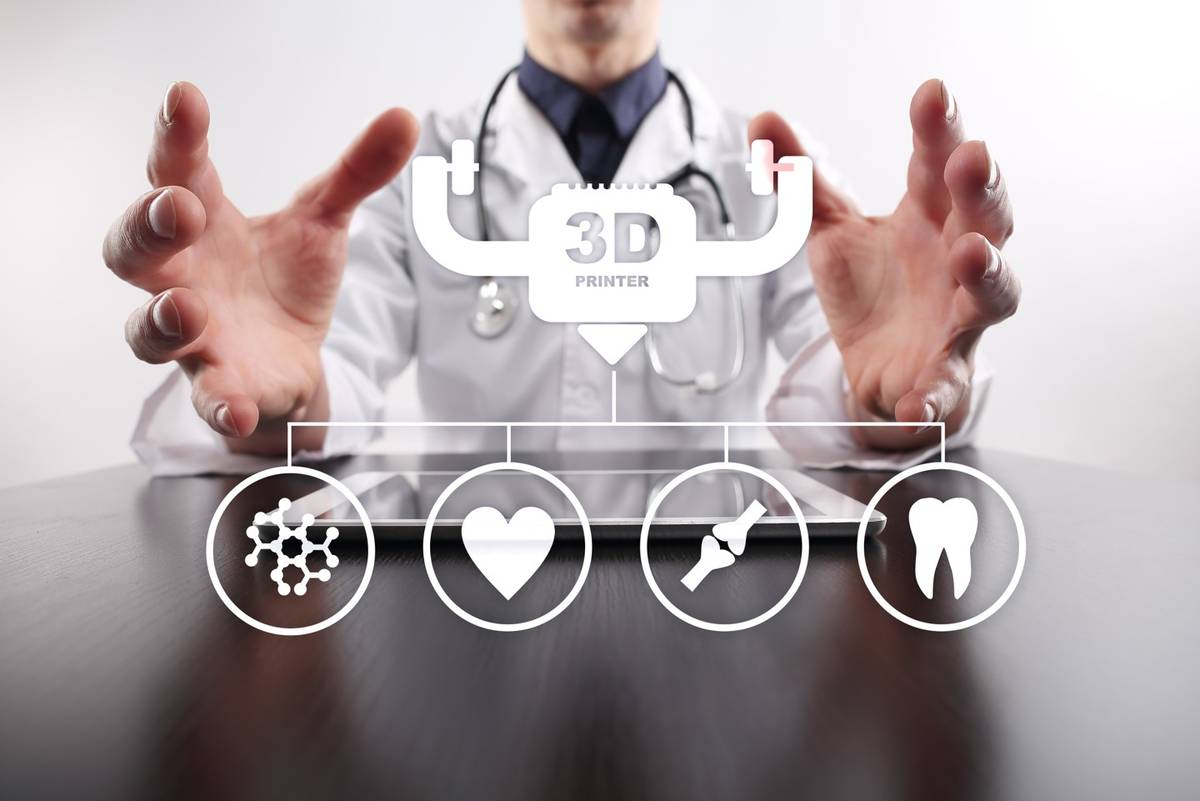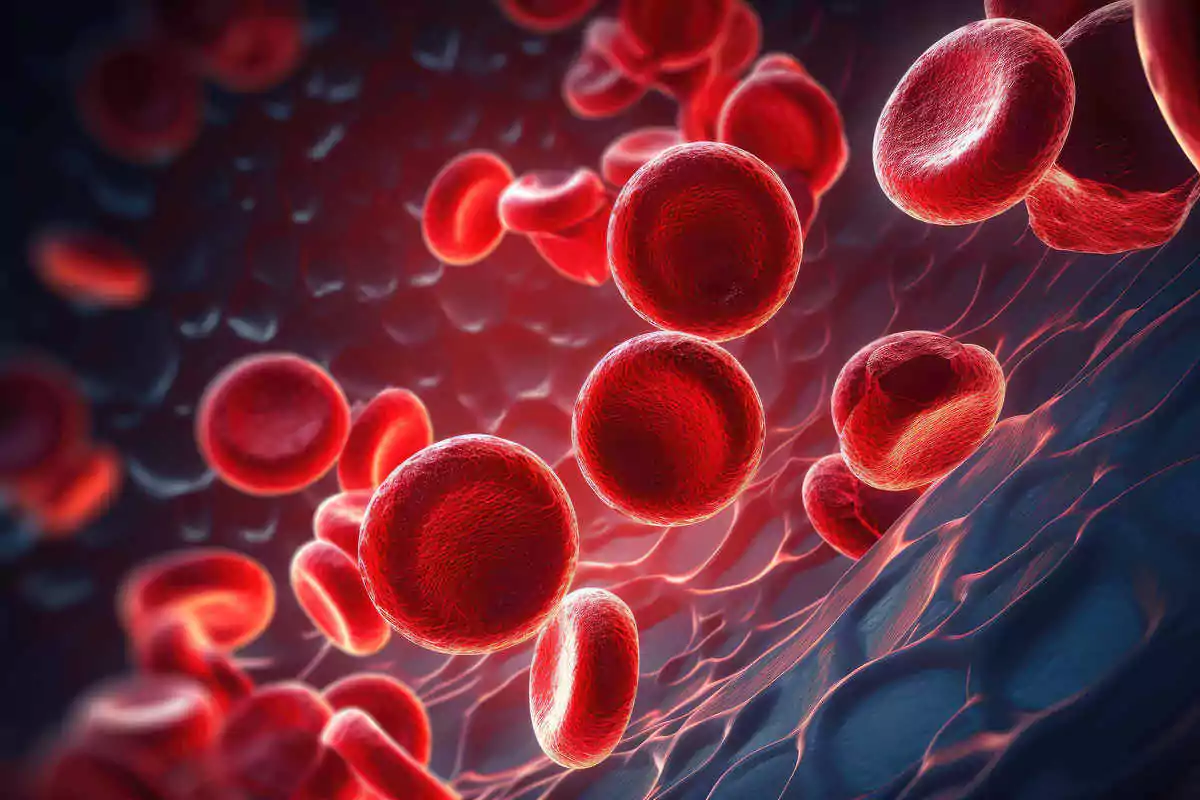3 areas in which medical 3D printing is a catalyst for innovation
Area n°1: accelerating prototyping and design
The ability of 3D printing to rapidly produce prototypes is changing the landscape of drug development. Simple designs can be printed in a matter of hours, while more complex structures can be printed in a day or two. This rapid prototyping enables faster design iterations, allowing researchers to quickly test and refine their hypotheses.
Area n°2: customizing and personalizing devices
One of the key benefits of 3D printing is the ability to create patient-specific devices and personalized dosage forms. This customization is particularly important in the context of drug development, where individual responses to drugs can vary widely. 3D printing makes it possible to create personalized drug delivery systems and formulations tailored to a patient’s individual needs, which can be beneficial in the design and conduct of clinical trials. FabRx exemplifies this with their Printlets® technology, which allows for the creation of customized drug dosages tailored to individual patient needs.
Area n°3: using innovative materials and technologies for drug testing
The wide range of materials available for 3D printing facilitates experimentation with substances that closely resemble those used in actual manufacturing processes. This innovation in materials expands the possibilities for drug testing, allowing researchers to simulate real-world conditions more accurately. This includes the use of various technologies, for example powder-based and extrusion-based systems, to create advanced drug delivery mechanisms and improve bioavailability of drugs.
Bioprinting: examples of pioneer companies
One of the most exciting advances is in the field of bioprinting. Unlike traditional 3D printing, bioprinting uses living cells to create tissues and even organs. This breakthrough has huge implications for regenerative medicine and personalized healthcare, promising solutions for organ transplantation and tissue engineering.
Carcinotech: replicating the tumor microenvironment
In the emerging field of bioprinting, companies such as Carcinotech are pushing the boundaries of innovation. Based on the concept of replicating the tumor microenvironment (TME), Carcinotech’s Carcino3D technology uses 3D bioprinting to create living tumor models. This approach aims to provide a more accurate representation of real tumors, enabling improved drug testing and the development of personalized medicine.
Prellis Biologics’: overcoming challenges in immunological drug discovery
Traditional immunological models often take months to develop and are not always compatible with automated systems. 3D-printed models, on the other hand, offer a solution to these challenges. In their EXISTM platform, Prellis Biologics’ uses donor blood cells and machine learning to develop bio-printed lymph node organoids (LNOTM) to help discover antibodies with high therapeutic potential. Advancements of this type have great potential to revolutionize drug screening, making it more cost-effective and predictive of real-world outcomes.
Poietis: personalized tissue models
Another leading company, Poietis, specializes in creating complex tissue models using laser-assisted bioprinting technology. By focusing on personalized medicine, Poietis develops patient-specific tissue models for drug testing and regenerative medicine, enhancing the accuracy of drug testing and personalized treatment development.
Advantages of medical 3D printing in medtech
Beyond drug development, additive manufacturing (AM) is proving to be transformative in the medical device manufacturing sector. The integration of AM processes, such as 3D printing, addresses key challenges in speed, cost, and quality.
Development acceleration & lower dependency
Speed is of the essence in medical device manufacturing, especially for patient-specific devices. The rapid production capabilities of additive manufacturing processes accelerate development, reduce dependence on external suppliers and improve overall efficiency in the medical device supply chain.
Lower production cost
Cost considerations are paramount in the medical device industry. AM offers cost-saving benefits by minimising material waste, providing design flexibility and reducing reliance on expensive tooling and moulds. Bringing additive manufacturing in-house further helps to control costs and streamline production processes.
Quality medical equipment for reliability
Maintaining strict quality standards is essential in the medical industry. Controlled and validated additive manufacturing processes, coupled with real-time monitoring technologies, ensure repeatability and reliability in the manufacturing process. This is particularly important for medical devices, where precision and consistency are non-negotiable.
Learn more about how our team can support you in your medtech consulting needs >
The future of medical 3D printing and healthcare symbiotic evolution
As 3D printing technology continues to advance, its symbiotic development with the healthcare industries holds great promise. The ability to create patient-specific medicines and devices, replicate intricate biological structures and accelerate the development process represents a fundamental change in healthcare.
The groundbreaking work of companies such as Carcinotech, Prellis Biologics’ or Poietis illustrates the potential of 3D printing to overcome challenges in medical research and drug discovery. From customized drug testing to the creation of 3D-printed tumors for enhanced precision, the convergence of bioprinting and healthcare is opening new frontiers in precision medicine.
In summary, 3D printing is poised to redefine healthcare by driving innovation in research and development. As the technology continues to mature, the pharmaceutical and biotechnology industries are on the verge of a new era where personalized medicine, efficient drug and device development and breakthrough discoveries are likely possibilities. The Alcimed teams can support your projects in these areas. Don’t hesitate to contact our team!
About the author,
Lisa, Senior Consultant in Alcimed’s Life Sciences team in Germany



